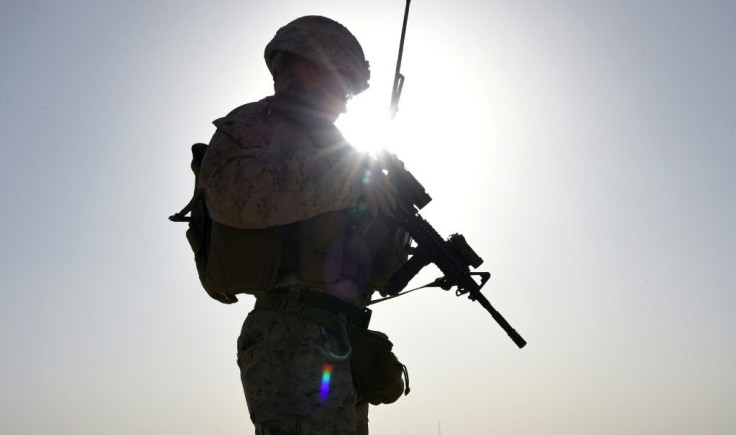US Congress Approves Space Force, Russia Pipeline Sanctions

The US Senate approved a massive defense spending bill on Tuesday, sending Donald Trump a $738 billion package that creates a new space force, fulfilling a presidential priority, and seeks to curb Russia's sprawling energy ambitions.
The National Defense Authorization Act, which passed 86 to eight, marks a jump from the $716 billion in funding authorized last year.
It will go to fund a wide range of military activities, from warfighting in Afghanistan and shipbuilding to boosting intelligence efforts against Russia and expanding air fleets including drones.
The NDAA also includes a 3.1 percent raise for members of the military, their highest in a decade.
It notably will create a space-based sixth branch of the military after the US Army, Air Force, Navy, Marine Corps and Coast Guard.
According to the legislation, the so-called Space Force will operate within the Department of the US Air Force, much as the Marine Corps falls under the Department of the Navy.
"It's mission will be to deter hostile actions in space against the United States and its allies," Senator Jack Reed, the top Democrat on the Senate Armed Services Committee, said on the floor of the chamber.
Trump launched a new Pentagon command dedicated to warfare in space in August, as American armed forces chiefs see China and Russia pressing hard to erode the US advantage in the newest military frontier.
The space command was a smaller presidential initiative that is part of the much larger and ambitious Space Force, which required congressional approval.
Inserted in the lengthy text is a set of sanctions aimed at halting further construction of the $10.6 billion Nord Stream 2 pipeline being built under the Baltic Sea and which is set to double shipments of Russian natural gas to Germany.
US lawmakers have warned it would send billions of dollars to Moscow and vastly increase President Vladimir Putin's influence in Europe at a time of heightened tension.
With the approval of Democratic and Republican lawmakers in both the House and Senate armed services committees, the NDAA passed Congress for the 59th straight year, evidence that military needs can rise above the bitter partisan discord on Capitol Hill.
But there was dissent. Republican Senator Rand Paul consistently votes against bloated military spending bills that do not reduce US involvement abroad, and he did so again Tuesday.
"Unfortunately the bill before us does not end any of our multitude of wars, (but) simply continues the status quo, and throws more money around the world at conflicts we can't even begin to fathom," he said.
Democrats were able to claim a significant win in the bill with the bipartisan agreement on 12 weeks of paid parental leave for federal employees, following months of negotiations.
The military spending bill allocates $635 billion to the Pentagon and another $23.1 billion to the Department of Energy for the US nuclear arsenal's maintenance and fuel.
Operations in countries like Afghanistan, Syria, Iraq and Somalia get $71.5 billion.
It also gives $5.3 billion in "emergency disaster recovery" for military bases in Florida and North Carolina damaged in hurricanes Florence and Michael last year.
That amount was far less than the $9.2 billion requested by the White House, which wanted to devote a portion of the emergency funding to a wall on the Mexican border that Trump has said is necessary to curb illegal immigration.
Elsewhere in the bill lawmakers have inserted provisions controlling the use of Pentagon funds, including a ban on reducing the number of troops in South Korea. Others authorize delivery of F-35 advanced stealth warplanes to Turkey and the purchase of rail cars or buses from China.
© Copyright AFP 2024. All rights reserved.





















